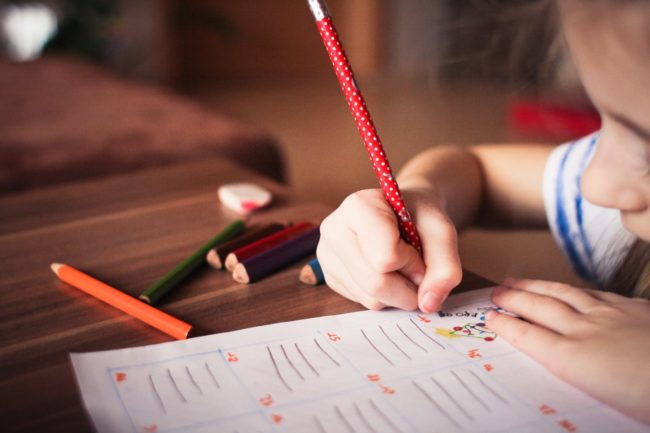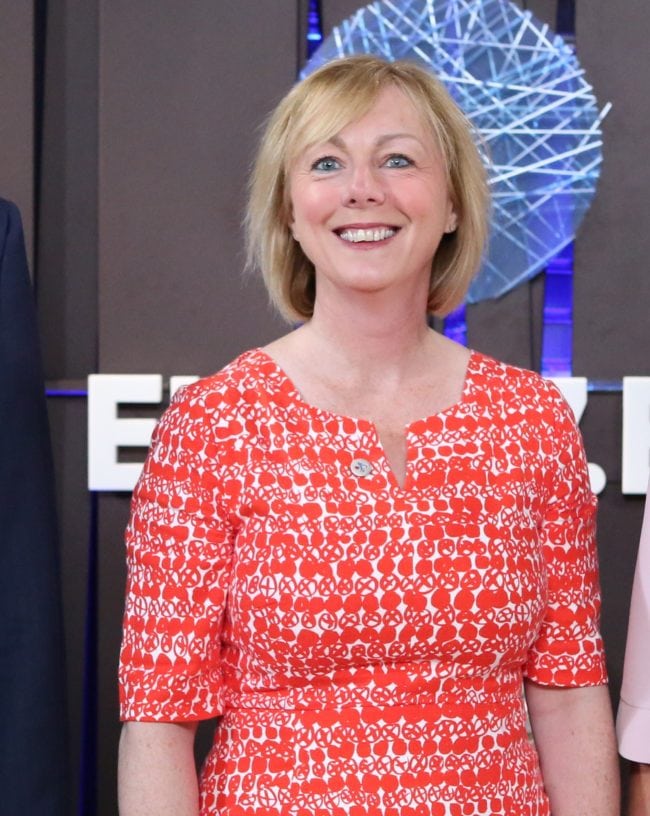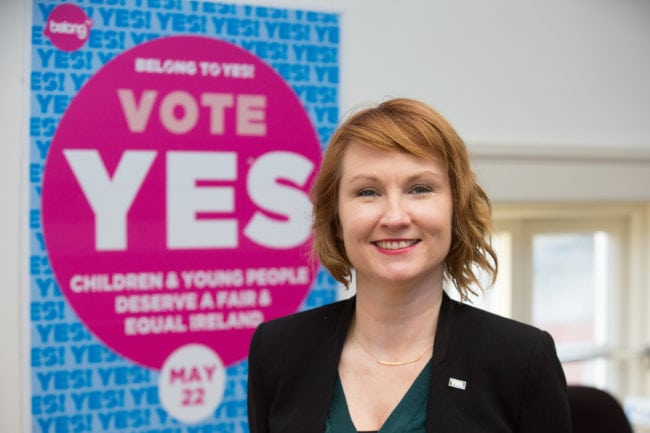Ireland considers extending legal gender recognition to children ‘of any age’

Stock image. (Pexels)
The Irish government says it is considering the recommendations of a report that called for legal gender recognition to be extended to children “of any age”.
Ireland passed a Gender Recognition Act in 2015 allowing trans people to change their legal gender based on a system of self-declaration.
At present legal gender recognition is only available to people aged 18 or over.

A child (Stock photo/Pexels)
However, a key report this week recommended that the self-declaration process is opened up to those under 18.
The report, commissioned by Minister for Social Protection, Regina Doherty TD, recommends “a system of gender recognition for children of any age.”
It lays out that the Gender Recognition system for children should be a seperate “administrate process” requiring parental consent, with a “straightforward revocation process”. It would also ensure that families have “third party support”.
The report also recommended that “legal gender recognition should be made available to people who are nonbinary” and that the process should also “provide access for intersex individuals.”.
Government minister Regina Doherty said: “I am delighted to publish the Report of the Review Group of the Gender Recognition Act today. I want to thank the Chair of the Review Group – Moninne Griffith and the members of the Group for their work and commitment in delivering this important report.

Regina Doherty (Creative Commons/Annika Haas)
“It includes significant recommendations, particularly with regard to gender recognition for children.
“Our work towards enhancing current Gender Recognition legislation reaffirms our commitment as an international leader on Transgender Rights.
“I will be consulting with the Attorney General and other Cabinet colleagues in order to tease out any legal and operational issues in advancing the recommendations” she said.
Moninne Griffith, Executive Director of LGBT youth service BeLonG To and the author of the review, said: “The implementation of the report’s recommendations would change the lives of trans, non-binary and intersex young people across Ireland. It would send a strong message that they are visible, valued and included in Irish society.
“Trans young people and their families tell us how vital it is to their everyday lives to have access to legal documents that reflects their true gender such as passports, birth certificates and other official records.
“Basing legislation on self-determination reflects that this is a legal process and therefore there is no requirement for medical experts, medical treatments or diagnosis of a mental disorder for individuals to be legally recognised.”

Moninne Griffith (BeLonG To)
Griffith added: “Young trans people do not just wake up one morning and decide that they want to change their legal gender. This happens after a period of social transition, living in their preferred gender.
“What is clear from the young trans and non-binary people that we work with is, however is that having access to legal gender recognition will have a hugely positive impact on their lives, self-esteem, self-worth, and well-being.”
Youth worker Lisa McKenny of BeLonG To Youth Services said: “Working as Youth Worker has taught me that life for young transgender and non-binary people in Ireland can be incredibly difficult.
“This is due to the lack of visibility, awareness and understanding about what it means to be transgender or non-binary.
“Every day, I hear from young people, parents, and teachers about these challenges including not being allowed to use their preferred name or pronoun at home or in school, not being able to access appropriate healthcare and support (including mental healthcare), and not being able to legally change their name or gender markers, forcing them to come out against their will. Listening to the voices of the young people at BeLonG To emphasises the growing need for simple, easy-to- access legal gender recognition without financial barriers in order to truly support them as they journey to their true gender identity.”

